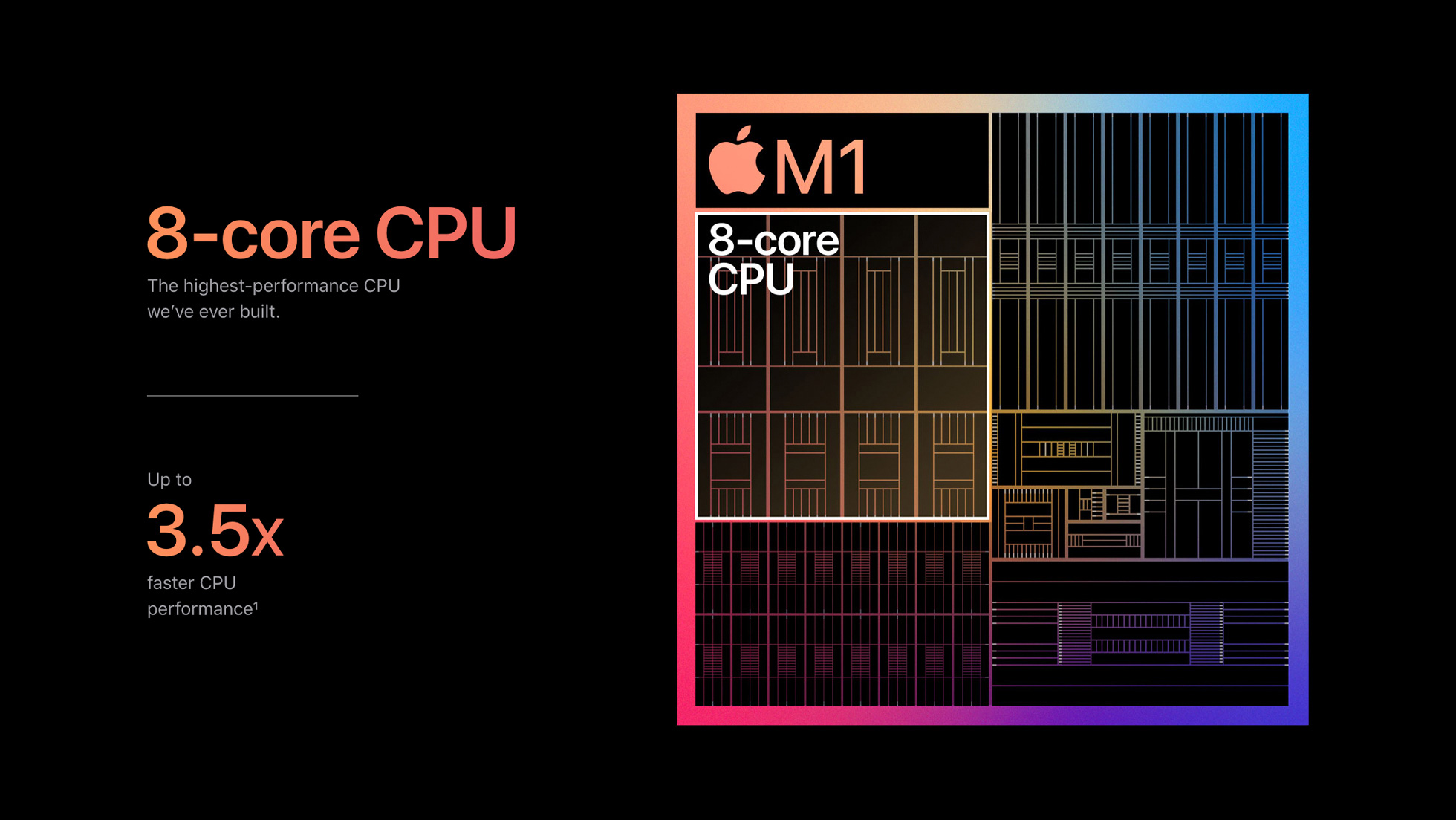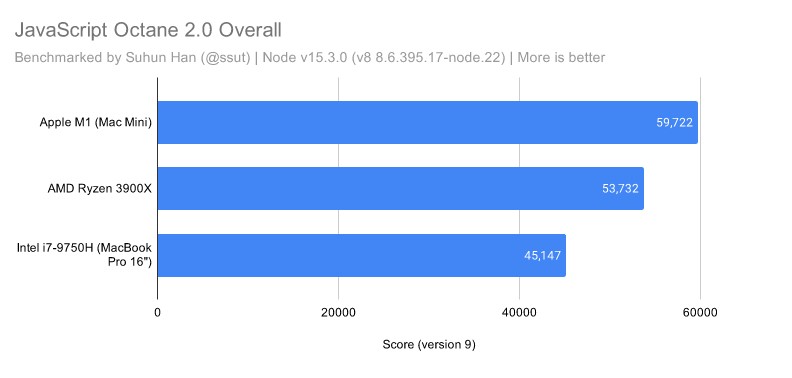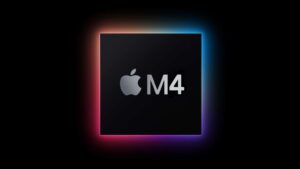Although Apple Silicon has proven its mantle against the best of the best performing x86 chips in the market, many have questioned if it is actually worth getting M1 chip Macs for development. Here is how Apple’s M1 chip Macs perform in real-world testing when it comes to development using various programming languages and frameworks.
Even though it has only been a little over a month since Apple launched its new M1 Macs, many development tools and frameworks have already been ported over to Apple Silicon’s Arm architecture. A few are still in preview or beta testing, but the pace at which developers and companies have moved to the new architecture has been astounding.

M1 chip Macs hold their own against the top of the line x86 chips development benchmarks
Visual Studio Code, Docker, IntelliJ IDEA are currently available as previews, while frameworks like Node.js and Electron have already been upgraded with native Apple Silicon support. Now that the support is there, does it make sense for you to upgrade your current Mac, or make the switch from your existing Windows or Linux system to take advantage of the performance benefits and power efficiency that M1 chip Macs can offer?
This question has been answered by Suhun Han, who ran tests on an M1 Mac mini, M1 MacBook Air, Ryzen 3900X system running Ubuntu, and two MacBook Pro 16-inch models: Intel Core i7 9750H and Intel Core i9 9880H. These tests included the following benchmarks.
- Java Renaissance
- Java SciMark 2.0 (NIST) –
- Java DaCapo
- Python PyPerformance
- Go (golang.org/x/benchmarks)
- SQLite Bench
- Redis
- JavaScript Web Tooling Benchmark (v8)
- JavaScript Octane 2.0
- Webpack Build
Although M1 chips were behind the Intel and AMD chips in most of these tests, they still held their own, which was impressive. Let’s not forget the cost of an M1 Mac mini, compared to the systems it was compared against, which would cost more than double its price. In JavaScript and Webpack benchmarks, the M1 Mac mini and M1 MacBook Air were ahead of the AMD and Intel chips, which shows that Apple has put sufficient effort into optimizing its chips for web performance. Many users have reported that simply browsing the Internet on an M1 Mac feels a lot faster than it does on faster and more powerful x86 systems.

You can check out the complete comparison graphs here. If you are interested, you can see the detailed benchmark results compiled in a Google Sheet here.
Read more:
- Firefox 84 released with support for Apple Silicon M1 Macs
- Chrome for Apple Silicon M1 Macs is now available
- Twitter app for Mac gets macOS Big Sur support, design improvements, and updated icon
- Sparkle app is updated for Apple Silicon and macOS Big Sur with new design and SEO Assistant
- Apple drops ‘X’ from ‘Final Cut Pro’ – optimizes it for M1 chip with new social media tools
- Apple Silicon Mac universal app updates: DaVinci Resolve, Darkroom, Omni Productivity Suite, Nova 3, and Fantastical


